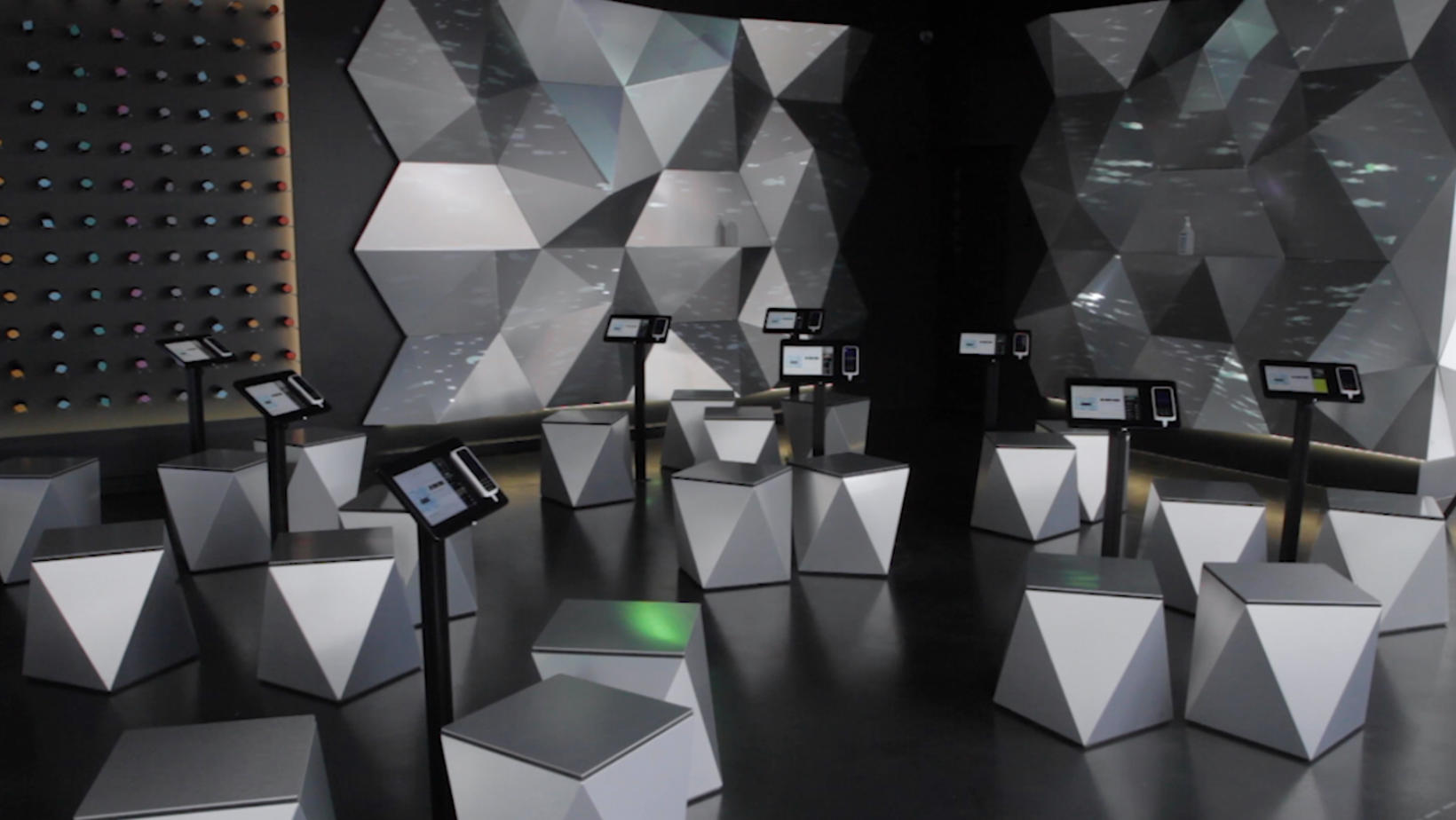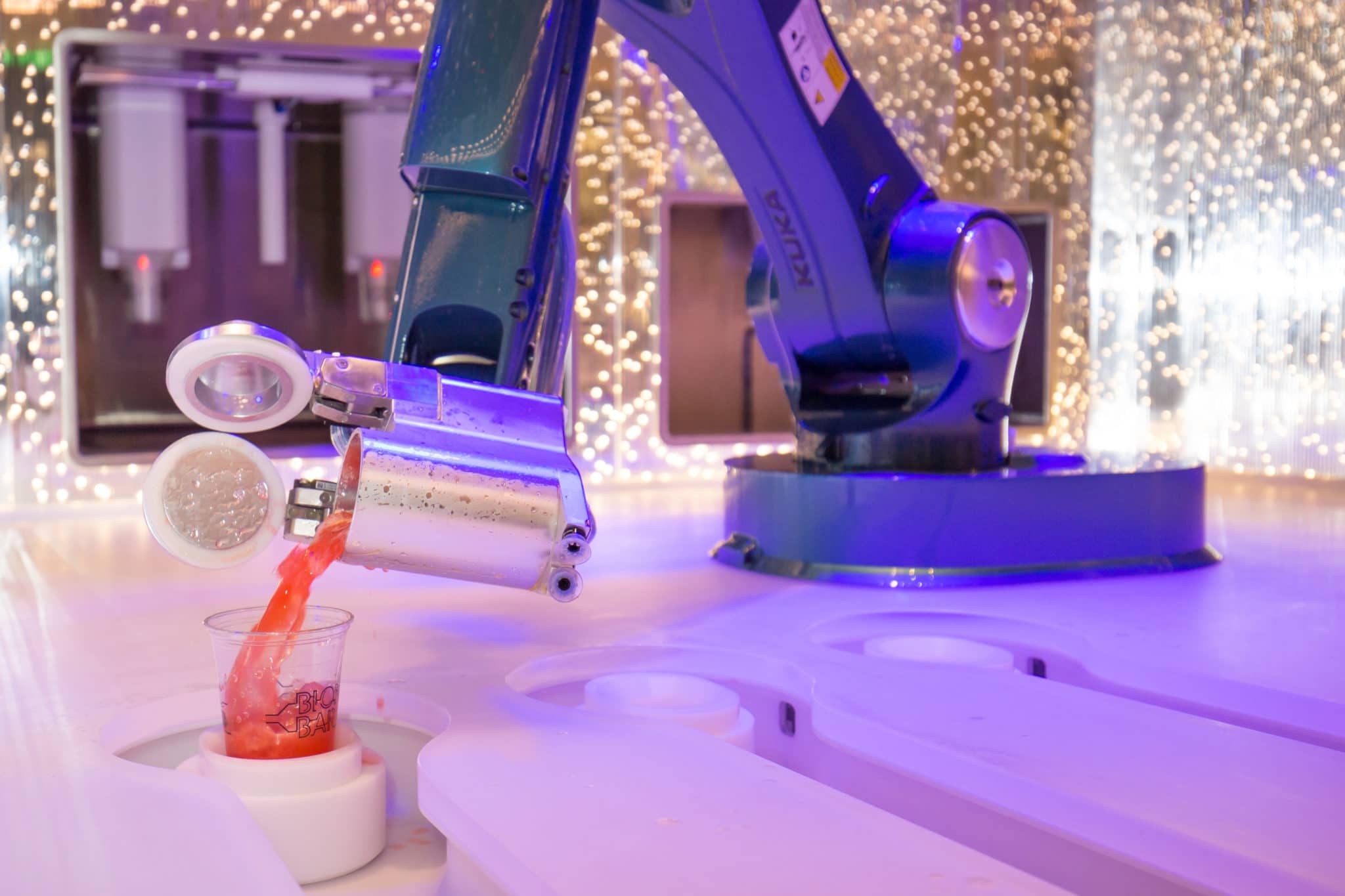
A lack of jobs due to robots seems to be a major concern in higher education. My circle of edtech friends is at least like this.
There will be a lot of discussion about robots at any online learning or educational technology conference.
Many people are concerned that driverless cars will eliminate all driving jobs. There are 3.8 million Americans who make their living by driving, including 1.7 million people who drive trucks, according to a recent MIT Technology Review article. As self-driving technology matures, Goldman Sachs estimates that 300,000 jobs will be lost annually.
Robots taking jobs is just the start of the worries. Approximately 400 million to 800 million people around the world are at risk of being displaced from their jobs due to automation, according to a McKinsey Global Institute report from 2017.
It’s very likely that I will hear about robot bartenders at the next academic conference I attend. In the US alone there are more than 600,000 bartenders. A robot bartender developed at MIT’s Senseable City Lab may eventually replace them all.
Is a future jobless because of robots something to worry about?
In my opinion, no.
I worry that the robots won’t arrive fast enough, and that all this anxiety about jobs and automation is doing a disservice to our students. A generalized anxiety about robots and jobs is winning out in higher education. Is it time for a change?

Due to my understanding of economics and my knowledge of history, I am not concerned about robots and jobs.
Economically speaking, I’m a big fan of rising productivity. Improving wages depends greatly on productivity.
As more patrons can be served faster with the aid of robots, bartenders will earn more money. If robots improve the quality of bargoing, and people pay more for drinks, then profits and wages will also rise.
I expect that not all bartenders will be replaced by robots. However, history plays a major role here. As technology has developed, jobs have not largely been replaced, but changed.
In the event that a robot handles most of the routine cocktail mixing functions, it may be that humans will be able to handle those duties. She will probably spend her time coming up with new drink concoctions. Human bartenders can also listen to customers’ problems and assist them in making a decision about their drinks.
It might only be a matter of time before bartending becomes a better job – but it may be needed less in the future too. It requires more social skills, more technical skills, and more creativity.
From what I understand, driverless vehicles will eventually create jobs in transportation. Trucking, a difficult and dangerous job, will become a better one. Using human drivers to drive the drop-offs and transfers of cargo, and reducing the demands on drivers by reducing the highway portion.

What will happen when self-driving cars are a legal, as well as a technical, reality in the US? It is possible that they will disappear, but they are not very good jobs.
According to reports, only 4% of Uber drivers are still driving after a year. The exact amount Uber and Lyft drivers earn is also disputed, with a recent MIT report estimating drivers earn an hourly profit of $8.55.
Hopefully, such a development will allow for more money to be spent on more socially useful things, rather than on transportation, since robot-driven cars should reduce costs and possibly make personal vehicles (which are mostly idle) redundant. Any time spent on quality of life, like education or leisure.
There will be a shift in demand towards other activities, activities that should create new and better jobs.
Automatism, however, may result in local job losses and disruptions. It is apparent that anyone who is pro-robots must also be for public investments in education, worker assistance, and job retraining.
I propose that we start a club for fans of higher education robots.

We need an alternative narrative to counter the prevailing academic worry about a robot-caused jobs apocalypse. Automation creates new jobs and makes society wealthier when it occurs.
Those skills that cannot be performed by robots are those that are most crucial to the new narrative. Skills such as drive, compassion, communication, empathy, and critical thinking are part of this group. In fact, those skills are precisely what a liberal arts education is designed to develop.

